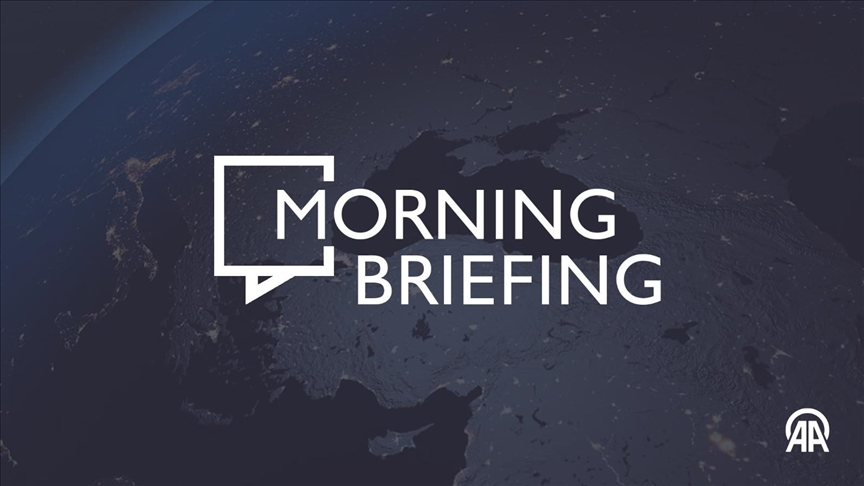Bush War On Iraq Driven By ‘Hidden Agenda’
Gorbachev, who now heads the Green Cross International, an environmental group dedicated to preserving fresh water and eliminating weapons of mass destruction, said 90 per cent of the world’s WMD are stockpiled by the U.S. and Russia.
The Bush administration must say the truth "whether (alleged) WMD actually existed in Iraq," said Gorbachev who served as president of the then Soviet Union from 1985 to 1991.
"We have to get to the bottom of it…And also the question of the quality of intelligence. … Whether it (the failure to find such weapons) was the result of faulty intelligence," Gorbachev stressed.
Democrats sharpened their attacks on the Bush administration over prewar intelligence on Iraq, with one senior Democrat in the Congress asserting that intelligence on Iraq’s alleged WMD was "negotiated and calculated" to make the case for war.
The Washington Post revealed last month that White House officials leaked the name of a CIA agent after her husband – former U.S. ambassador Joseph Wilson – publicly criticized the administration intelligence that Iraq had tried to purchase nuclear material from Africa.
‘Mistake’
The former Soviet leader recalled he had declared soon after the Iraq invasion last March that Bush had been wrong.
"Bush made a mistake by invading Iraq and has been less than forthright in explaining his reasons for the attack," he said.
Gorbachev asserted the U.S. had only achieved a pyrrhic victory in Iraq, adding that Washington paid dearly for that war, in reference to mounting U.S. death toll since May 1, when Washington declared the war effectively over.
"The question is what do you do with that victory?" He asked. "We are seeing the results of that."
The Observer said last month that as many as 6,000 U.S. servicemen had been evacuated for medical reasons since the beginning of the war on March 20.
Gorbachev also said that the U.S.-led attacks on Iraq "looked very differently" and as a result "there is real concern about the divisions within the world community."
He criticized Washington’s "new national strategy" that calls for acting unilaterally and launching preemptive strikes.
"The right way to go was what we did against Iraq’s aggression against Kuwait. We all united and worked together," Gorbachev recalled.
Ten years ago Iraq troops began pouring across the border with Kuwait at the start of a lightening invasion on 2 August 1990.
The suddenness of the strike took the world by surprise. It changed, literally overnight, the political and military balance of the Middle East.
On January 16, the U.S. launched its allied Desert Storm military operation to liberate Kuwait.
The unprecedented U.S.-led aerial bombardment forced the Iraqi troops to desperately retreat from Kuwait on February 27.
Russia, France and Germany, known as the anti-war trio, also opposed the U.S.-led war on Iraq, with Russian President Vladimir Putin warning that the U.S. faces the possibility of a prolonged and futile war there similar to the one that the Soviets fought in Afghanistan in the 1980s.
Wilson was tasked by Bush before the war to look into claims Saddam sought uranium in Africa.
Despite this, Bush referred to the alleged purchase of Uranium in his State of the Union address in January.



